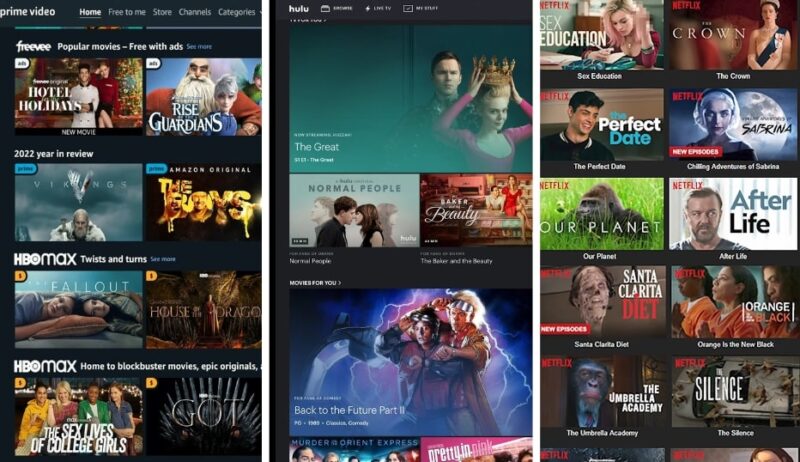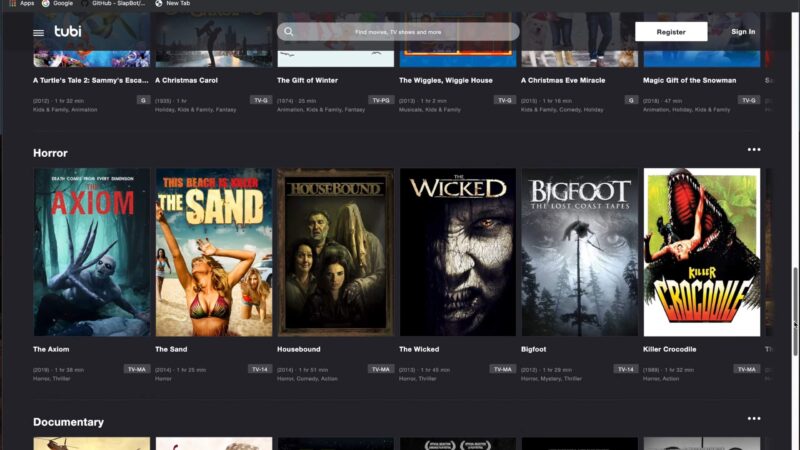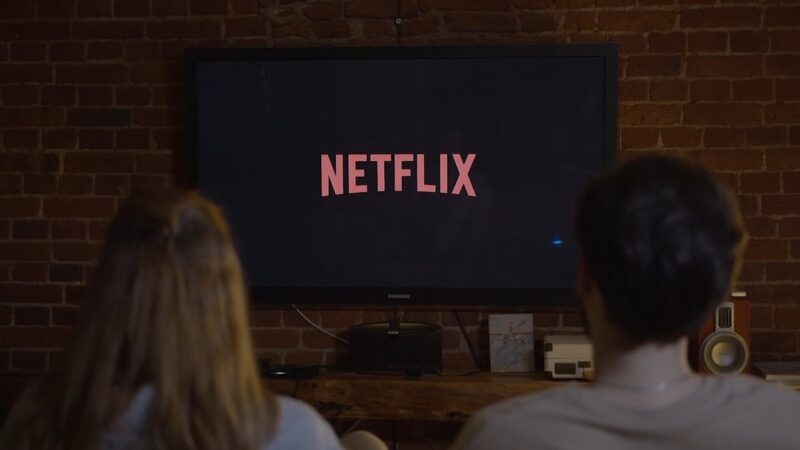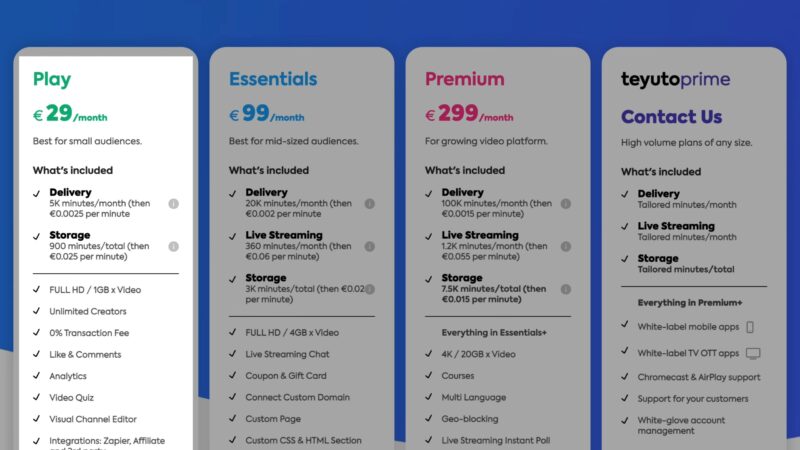I can still remember when the only way to watch shows or listen to music was on the big bulky TV or stereo at home. But now, thanks to all these fancy new gadgets, it feels like everything’s gone digital.
Everything is becoming more convenient with new technologies, and the interesting part is that people are getting used to this high level of convenience quite fast.
The best example is the stress most of us are feeling in case the lag in a video game is just a few milliseconds long. Or if we need to wait more than a minute to download something.
It is also affecting many other activities by changing them completely.
For example, while there are still many people who would say that they would rather visit a land-based casino, the reality is quite different, with online gambling platforms taking the lead in at least a few years. And it shouldn’t be a surprise as many sites like these are offering a wide selection of games, and the ability to instantly enjoy them, without the need to travel anywhere.
This article will share more details about the real effects of digital evolution and how it is changing the entertainment industry.
Table of Contents
ToggleShift to Digital Platforms
The rise of digital streaming platforms has ushered in major changes to how consumers access media. Services like Netflix, Hulu, and Amazon Prime have centralized a vast library of content that can be streamed on-demand. Their flexible, scheduling-optional model has found massive popularity among audiences who now expect instant gratification.
The ability to watch movies, shows or documentaries whenever convenient directly appeals to modern lifestyles with less time for rigid programs. No longer chained to broadcast times, viewers gain autonomy in their viewing experience.
Streaming has decentralized content consumption as well. People are cut free from centralized narratives or recommendations, and can now pursue their unique interests from a buffet of diverse options.
Tech Advancements
You can’t deny that technology just keeps revolutionizing the way we’re entertained. VR and AR have taken experiences to another level. Actually being transported somewhere new through a headset is wild to think about.
Enhancing reality with CGI overlays opens up creative possibilities. No wonder tech like that has caught on for gaming and live events. People definitely want more ways to engage their senses and interact with content beyond just watching passively.
Even digital assets have gotten shaken up lately with this NFT trend. The idea that you can truly own things like art or music online is nuts. Fans essentially getting to invest in their favorite franchises through collectibles like that adds a real element. It’ll be interesting to see if this leads to new revenue streams for content creators or just proves to be a passing fad.
Accessibility and Convenience
It’s hard to believe how quickly the internet opened up the entire world of movies, music, television, and more for us to explore. 15-20 years ago, we relied so much more on local libraries, video stores, or whatever cable could offer in our zip code. But now almost anything is at our fingertips across streaming sites – how cool is that?
I’ll also admit how spoiled we are by the conveniences these services provide. Being able to watch whatever you want, whenever you want without commercials is pretty amazing. And the ability to pause live events or binge multiple episodes at once really opens up options for busy families and working folks. Technology continues making leisure more flexible for our hectic modern lives.
Changes in Consumer Behavior
The evolution of entertainment media continues its brisk pace in synchrony with technological progressions. Where society accesses and interacts with creative content has seen meaningful shifts even over the short span of a decade.
Once reliant predominantly on physical or scheduled broadcast forms, viewers may now experience a truly vast repertoire on-demand via digitized distribution platforms. While the long-term impacts remain inherently difficult to foresee fully, several potential implications come into focus.
Perhaps most prominently, accessibility has increased manifold for consumers worldwide. Geographical barriers feel increasingly diminished as marginalized narratives also gain a vehicle for visibility on a grand scale. Simultaneously, contemporary lifestyles benefit from customizable scheduling offered by on-trend release models.
Individualization pervades the relationship between the producer and audience as well. Tailored recommendations based on inferred preferences seek to optimize engagement through the satisfaction of each user’s discovery adventure. Opportunities also emerge for community-building as shared discoveries and discourse around cultural works take place in novel interactive realms.
Naturally, such transformations introduce question marks alongside benefits. Responsibilities regarding representation and impact feel crucial to consider moving forward.
Impact on Business Models
It’s no secret that streaming has radically altered how entertainment businesses operate these days. Adaptability has become key for media companies as audiences increasingly utilize digital options over traditional models.
Subscription platforms have built strong value by bundling wide arrays of content attractively for monthly fees. This provides stable revenue streams for providers while also giving consumers optimized value for reasonable dues. It’s a mutually advantageous formula that seems to be clicking for all parties involved.
Going global digitally has majorly expanded potential outreach as well. Technological conduits translating offerings help expand customer bases territorially. Nimbly catering content slates logically follow.
Change inevitably necessitates fluid thinking. But history shows those most nimble to shifts tend to stay ahead of the curve. Keeping finger on the pulse of desires and leveraging innovation sensibly positions one favorably long-term, I’d imagine. Progress means playing smart to keep customers satisfied.
Last Words
The digital revolution has significantly changed the entertainment landscape through new platforms, technologies and increased access for consumers worldwide. Audiences now expect more personalized experiences and control over how they engage with content. This shift has prompted media companies to adapt traditional business models towards new proposals like subscriptions.
As viewers embrace on-demand options globally, industries like television face disruption but also opportunities to connect with audiences through innovation. Streaming services are transforming the way people receive media, while advancements in areas like AI, interactivity and immersive experiences will further impact the future of the sector.





















